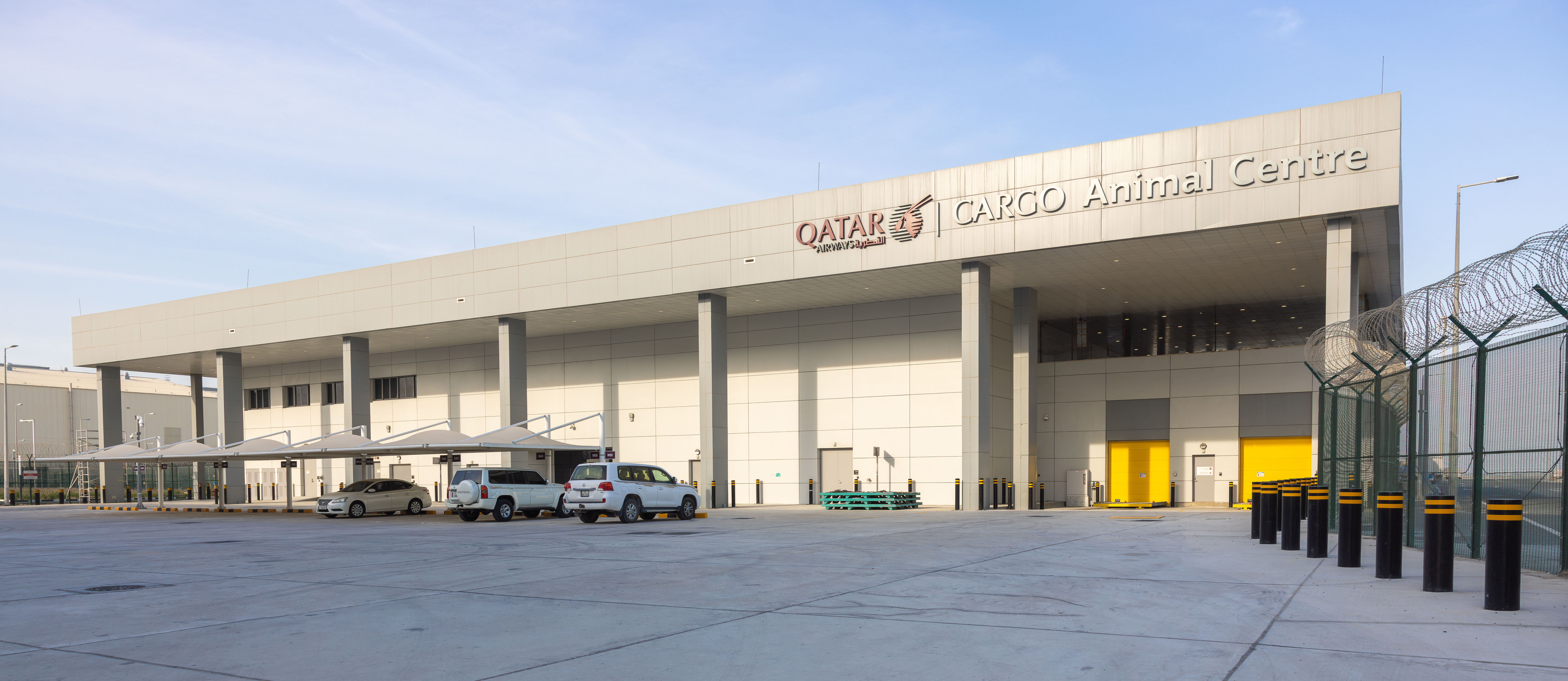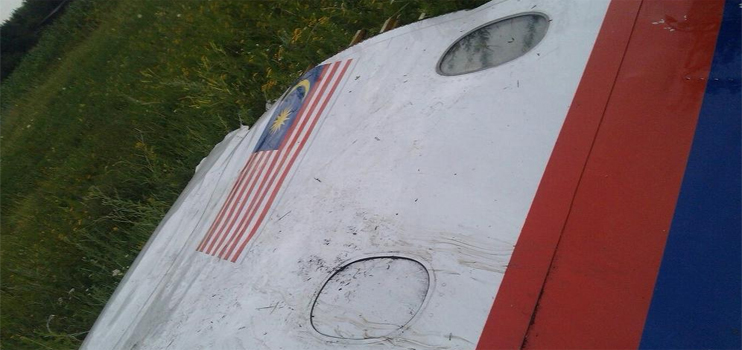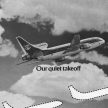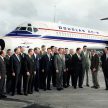The United Nations governing body of aviation is to set up a special task force of state and industry experts to greatly enhance the dissemination and sharing of critical security information to protect civilian aircraft.
In a special meeting in Montreal today The International Civil Aviation Organization (ICAO), the International Air Transport Association (IATA), Airports Council International (ACI) and the Civil Air Navigation Services Organisation (CANSO), have expressed their strong condemnation of the use of weapons against civil aviation.
In a joint statement after the meeting at ICAO headquarters the four organizations said that the downing of Malaysia Airlines Flight MH17 is unacceptable.
“Our organizations wish to convey our deepest condolences to the families of the passengers and crew who lost their lives in this tragic event. While aviation is the safest form of transport, the MH17 incident has raised troubling concerns with respect to civilian aircraft operating to, from and over conflict zones,” a joint statement said.
The meeting resolved to urgently review the issues and potential responses to be pursued.
“As a first step, States (countries) have been reminded by ICAO of their responsibilities to address any potential risks to civil aviation in their airspace.”
“We recognize the essential need for information and intelligence that might affect the safety of our passengers and crew. This is a highly complex and politically sensitive area of international coordination, involving not only civil aviation regulations and procedures but also State national security and intelligence gathering activities,” said the joint statement.
All parties to the discussion agreed that ICAO now has an important role to play in working as urgently as possible with its Member States, in coordination with the aviation industry and other bodies within the United Nations, to ensure the right information reaches the right people at the right time.
Moving forward ICAO with support of its industry partners will:
• Immediately establish a senior-level Task Force composed of state and industry experts to address the civil aviation and national security aspects of this challenge, in particular how information can be effectively collected and disseminated.
• Submit the Task Force findings as urgently as possible to a Special Meeting of the ICAO Council for action.
Industry has called for ICAO to also address:
• Fail-safe channels for essential threat information to be made available to civil aviation authorities and industry.
• The need to incorporate into international law, through appropriate UN frameworks, measures to govern the design, manufacture and deployment of modern anti-aircraft weaponry.
ICAO is convening a High-level Safety Conference with all of its 191 Member States in February 2015.
The joint statement said that industry and governments stand united and committed to ensuring the safety and security of the global air transport system and its users.
The joint industry action came after calls from Emirates President Tim Clark’s call days after MH17 was shot down for a summit to ensure security information was made available to airlines.
After the joint meeting IATA’s Director General and CEO Tony Tyler said that the tragic shooting-down of MH17 was an attack on the whole air transport industry.
“The world’s airlines are angry. Civil aircraft are instruments of peace. They should not be the target of weapons of war. That is enshrined in international law through the Chicago Convention,” said Mr Tyler.
“We are asking ICAO to address two critical tasks. The first, and most urgent, is to ensure that governments provide airlines with better information with which to make risk assessments of the various threats they may face. The second is equally important but comes with a longer time frame. We will find ways through international law that will oblige governments better to control weapons which have the capability to pose a danger to civil aviation. Achieving these will make our safe industry even safer,” said Mr Tyler.
He added that clear, accurate and timely information on risks is critical.
“We were told that flights traversing Ukraine’s territory at above 32,000 feet would not be in harm’s way. We now know how wrong that guidance was. It is essential that airlines receive clear guidance regarding threats to their passengers, crew and aircraft. Such information must be accessible in an authoritative, accurate, consistent, and unequivocal way. This is the responsibility of States. There can be no excuses. Even sensitive information can be sanitized and still remain operationally relevant,” said Mr Tyler.
He noted that IATA stands willing to assist with the dissemination of such information.
























